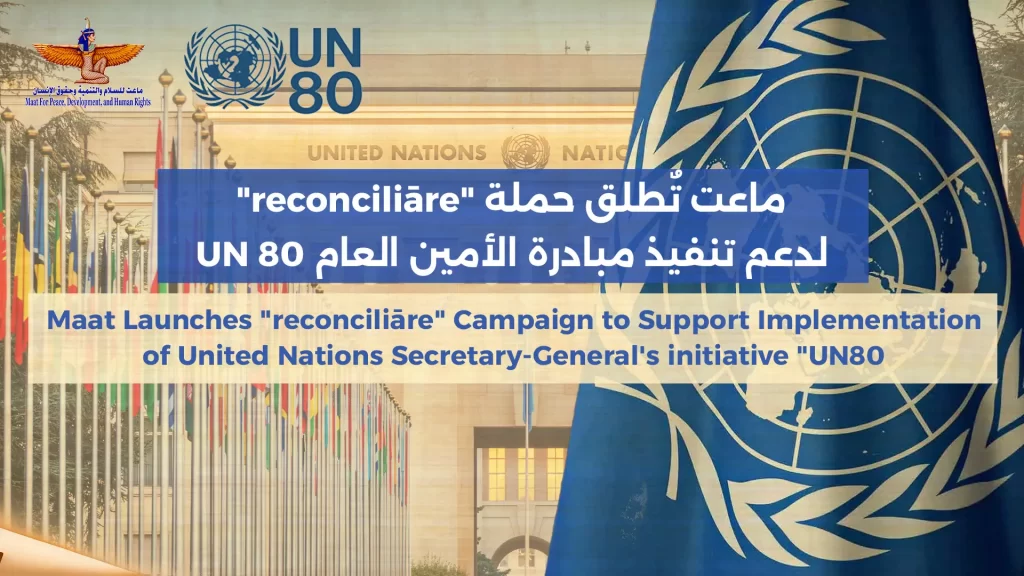“Akil “We must strengthen the ways ofInternational advocacy for women's rights within the corridors of the United Nations
Essam El-Din: We recommend integrating the gender dimension into societal policies in the Middle East and North Africa region
Building on the responsibility of civil society in promoting, protecting and improving human rights, as well as defending vulnerable groups suffering from discrimination or deprivation by working to support effective advocacy tools at the international level to protect these groups, Maat for Peace, Development and Human Rights has participated in a regional training program on “Building the capacity of women-led civil society organizations to absorb the principles of partnership and the importance of leadership in order to achieve positive change.” The three-day training program was conducted in the Jordanian capital, Amman, in cooperation with the office of Plan International Jordan (PIJO) and in partnership with the regional office of the German Konrad-Adenauer-Stiftung (KAS).
In this context, and given its belief in the importance of the role of civil society in promoting international advocacy for women’s rights within the corridors of international mechanisms, Ayman Okeil, an international human rights expert and president of Maat for Peace, Development and Human Rights, stressed the importance of having a group of young people trained on the basic human rights principles, the advocacy skills for their issues and the effective expression of their rights based on facts and evidence within international human rights protection mechanisms. Okeil also called on all women-led civil society institutions to work to empower women and girls to defend their rights in their local communities across the world, especially in North Africa and the Middle East.
On her part, Basant Essam El Din, deputy director of the Sustainable Development Unit at Maat, who represented Maat during the regional training program, she stressed the importance of including the gender dimension in the 2030 development agenda, especially raising levels of societal awareness of the importance of achieving Goal 5 on gender equality. She concluded her speech by emphasizing the need to include the perspective of girls and young women in gender-sensitive laws, policies, norms and societal practices in the Middle East and North Africa, in order for them to be at the forefront of the scene and march strongly as essential agents of influence, action and positive change.
shortlink: https://maatpeace.org/en/?p=35930














